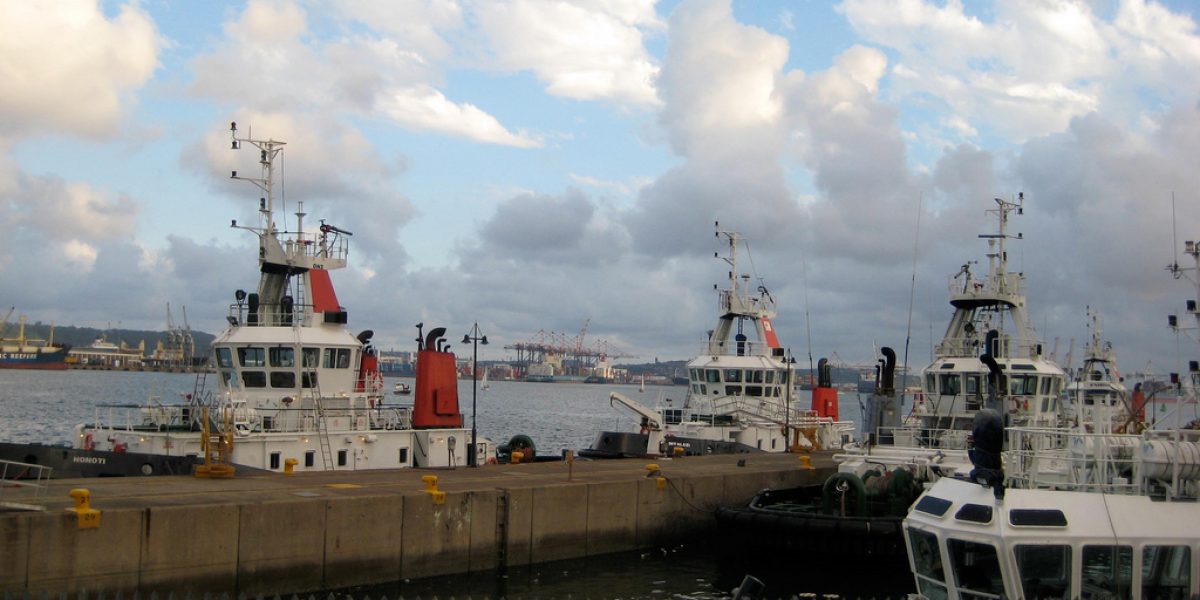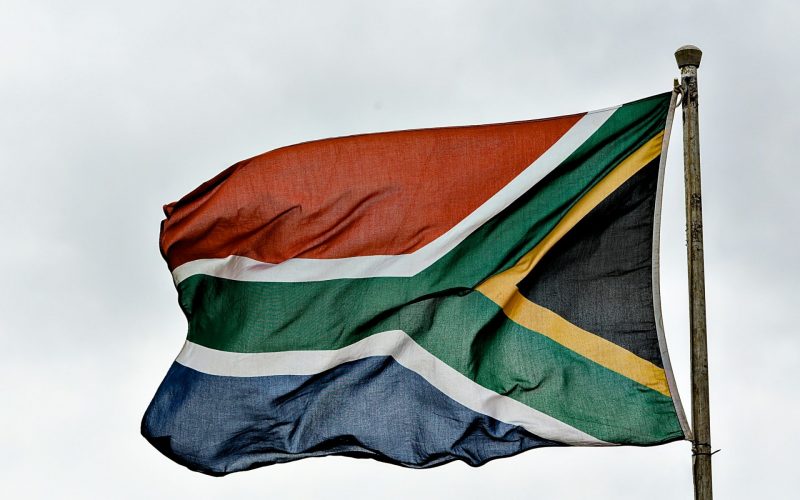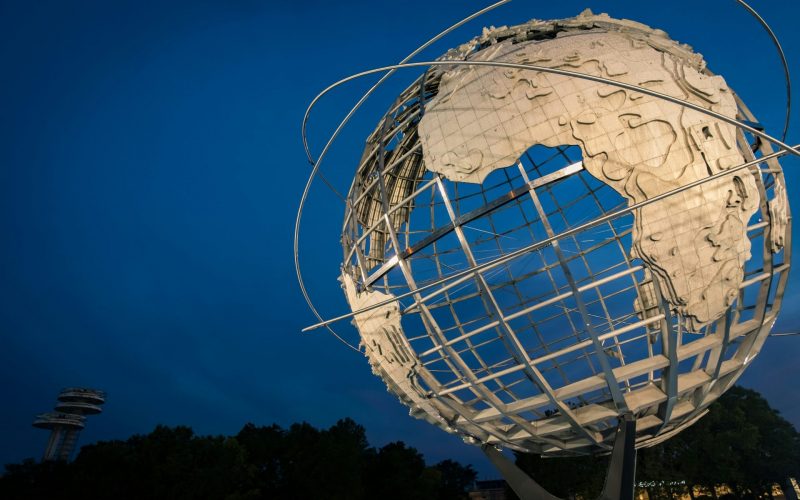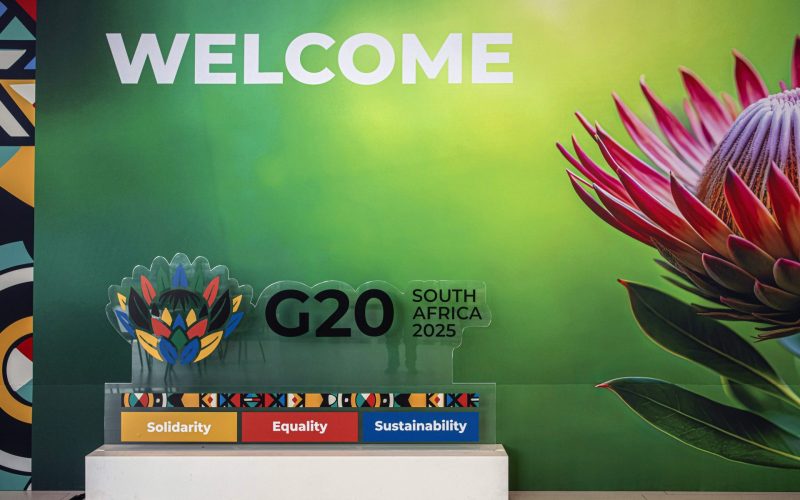Governments’ responses to the biggest deglobalisation since the Great Depression did not precipitate a descent into 1930s-style protectionism. Domestic crisis interventions – a combination of bank bailouts and expansive macroeconomic policies – took priority. Traditional protectionism hardly increased and borders remained open. However, crisis interventions and a return to ‘big government’ leave the West with crippled public finances and more restrictions on competitive markets, and threaten to spill over into creeping protectionism of the subtle, non-tariff, regulatory variety. The new patterns of protectionism are similar to developments in the 1970s and 1980s rather than the 1930s. Barely contained by World Trade Organization (WTO) rules, the danger is that they will slow down recovery and reglobalisation in the next decade.
US and EU trade policies have been passive and defensive, reflecting domestic weakness. In particular, the US has abrogated its traditional leadership role in international trade, thereby leaving a vacuum. Now one of the ‘big three’ in the world trade order, China’s unilateral liberalisation has stalled, corresponding with more industrial policy interventions, but has not resorted to large-scale protectionism. India, Brazil and South Africa broadly reflect this pattern, although, unlike China, they are second- or third-tier emerging powers. Russia, still outside the WTO, is more protectionist.
The short-term challenge is to arrest the slide into ‘big government’ at home and creeping protectionism abroad. The medium-term challenge is to get back on track with trade and foreign direct investment liberalisation and domestic structural reforms – substantial unfinished business from before the crisis struck. However, second-generation reforms to tackle these barriers are much more complex and politically sensitive than first-generation reforms. Reforms are primarily a matter for unilateral action by and competitive emulation among governments. International policy co-operation in the WTO, G20 and other forums can reinforce these reforms, but not too much can be expected of cumbersome global governance, let alone regional governance, mechanisms.







